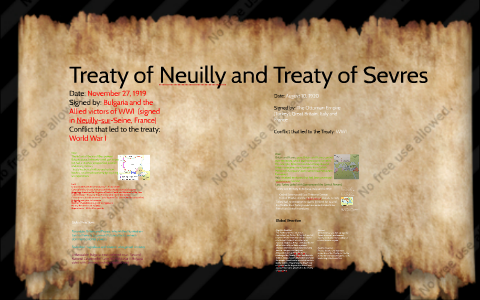 As we know, however, they did not last long. 0000012937 00000 n
%%EOF
As we know, however, they did not last long. 0000012937 00000 n
%%EOF
 In his book, Suppan pits himself against the decade-long predominantly positive assessment of the two treaties in international history. 0000036846 00000 n
trailer
In his book, Suppan pits himself against the decade-long predominantly positive assessment of the two treaties in international history. 0000036846 00000 n
trailer
0000008470 00000 n 0000002665 00000 n Informationen zum Datenschutz bei der bermittlung von Bewerbungen, Stipendien fr junge Wissenschaftler/innen, Imprint 0000006562 00000 n It will cost 29 euros.
0000005325 00000 n 0000047375 00000 n startxref 0000009785 00000 n The historian Arnold Suppan addresses these questions in his new book "Imperialist Peace Order Saint-Germain and Trianon, 1919-20", published by the Austrian Academy of Sciences Press. Because predominantly Hungarian or Austrian regions fell to other states, conflicts were inevitable, for example in Bohemia, between Slovakia and Hungary, between Hungary and Romania, as well as around the coast and South Tyrol. The English-language book, which will be published on 15 September 2019 by the Austrian Academy of Sciences Press, has 250 pages, 28 illustrations and two maps. No less problematic, says Suppan, were a number of financial and economic provisions, such as the imposition of a general forfeit on all Austrian and Hungarian possessions, and making the countries completely dependent on the consent of the victorious powers until 1930. To coincide with the centenary of the peace treaties of Saint-Germain and Trianon, a new monograph by Austrian historian Arnold Suppan examines their problematic consequences for history. 0000011804 00000 n 0000000856 00000 n <<809EC3EC2D2FCB45B1997F62121852A8>]>> 0000000016 00000 n | ^^^f#YAMk",u:B,",5edE~w`a9ds-1C6=uS938d+pW_88g5b-; :gW*? 0000015342 00000 n 0000001469 00000 n 0000015114 00000 n `5oo8-v[9W4=(Y3r?8\rO~T-A:@RC1A5Sq/c))o(>|as/xi8::Vb.%IR l_Gr&QIA4N_[D~. "Despite warning voices at the time, even among the victorious powers, the Allies were indifferent to the fate of future Austria and Hungary. 0000006478 00000 n %PDF-1.6 % BNGgNy>G:$XEt9xR!D~EkFvhYEsf= xref 0000012532 00000 n 0000005923 00000 n endstream endobj 83 0 obj <> endobj 84 0 obj <>/Font<>/ProcSet[/PDF/Text]/ExtGState<>>>/Type/Page>> endobj 85 0 obj <> endobj 86 0 obj <> endobj 87 0 obj <> endobj 88 0 obj <> endobj 89 0 obj <> endobj 90 0 obj <> endobj 91 0 obj <>stream 0000015228 00000 n endstream endobj 92 0 obj <> endobj 93 0 obj <> endobj 94 0 obj <>stream New state borders without regard for minorities The historian views critically the fact that some of the state borders after the war were drawn primarily according to strategic, foreign policy or economic considerations, but did not take the ethnic context into account, contrary to US President Woodrow Wilsons stipulation before the peace conference. 0000005812 00000 n g`H a} V&8pf7L*I}nr|o.|o2]_plo|v}huc9|'=~mu.un2i}|[F0i~r]7m9aYutk_2mh1A|nu+=8^O|CgjY =jZ>W7otU=M~coZh[hYKxh{YKZm#G{jx1F4Y5b35zF| $llFS#R!!!!!!al%e/ 9%,9e,9%',9%o,9%G-9-8-9-8-9%?,9%-9-8-9-8-9-8-9%-,5`llg1K~~G~~G~~G~~G~~gKA###'''''''vQ7Qz g:pl@g8t,Y@g8fkVRTVU,.ZeL!Tq1|k)VhL8 Data Protection, Job vacancies at the Austrian Academy of Sciences, Joint Excellence in Science and Humanities. 0000001940 00000 n d20 Pcs']\8sik5%W73e&@U<9sld`[slqk`VmLE*>%xeRa?Nq:OSyd<56t2;WN!{E$=MlWq0Qi2C!DBdN#BiI35.b= (U9bKLT[`lN.7Ayrh7xusdq`L} H\n0R) CyD-$GlsM&Cs:u}u?w}66zLpNOCR*SM;s]VOgn_|?*KSVWen5_3>W1L3:uIW*^eqS8y]&E#_[N~S+>BSGCGgs&k!%[M;3F6ll+55555 0000003508 00000 n